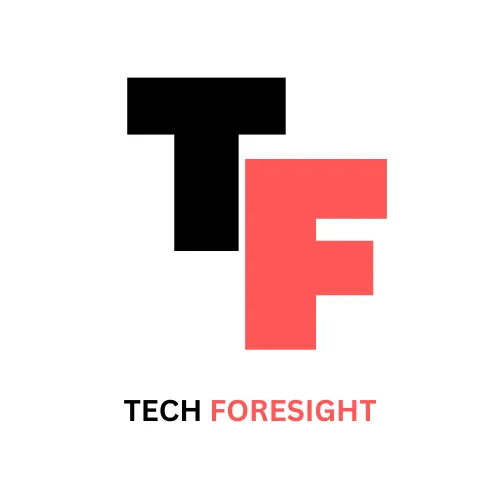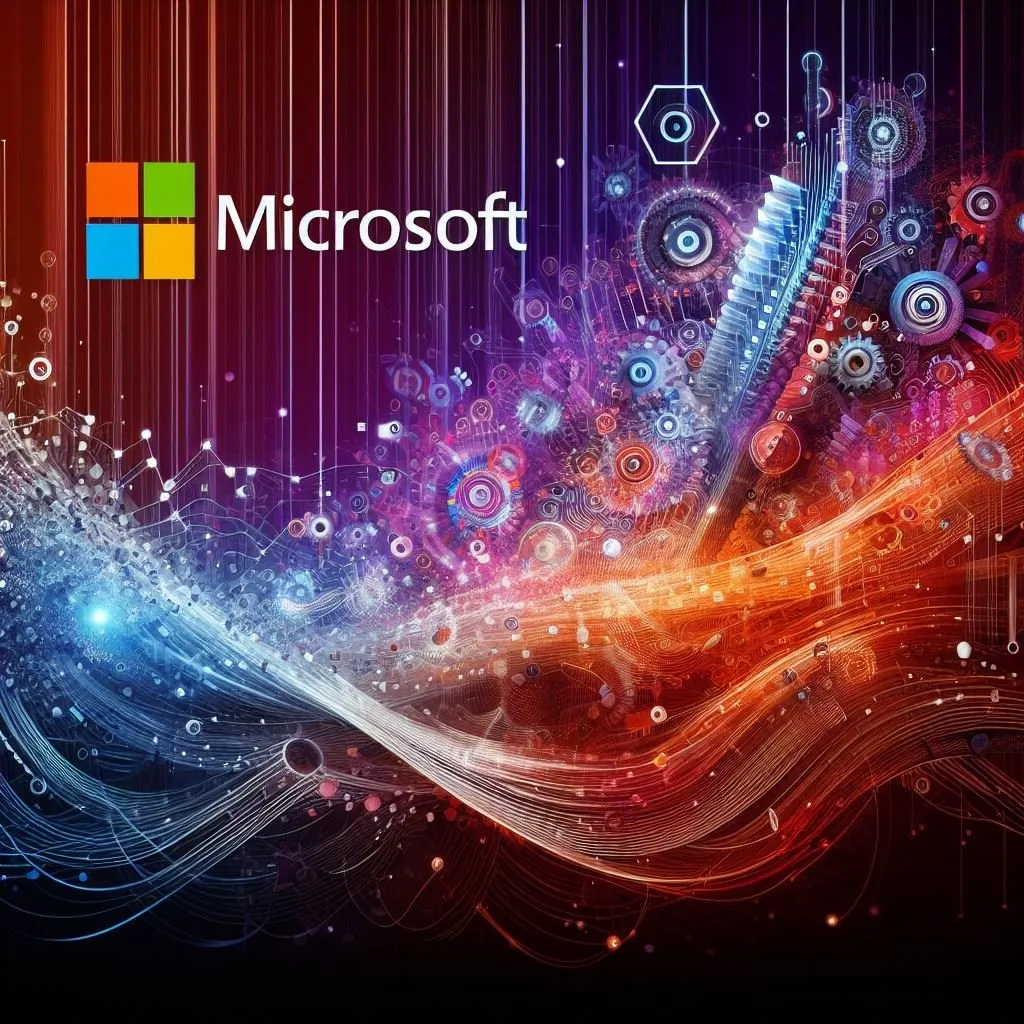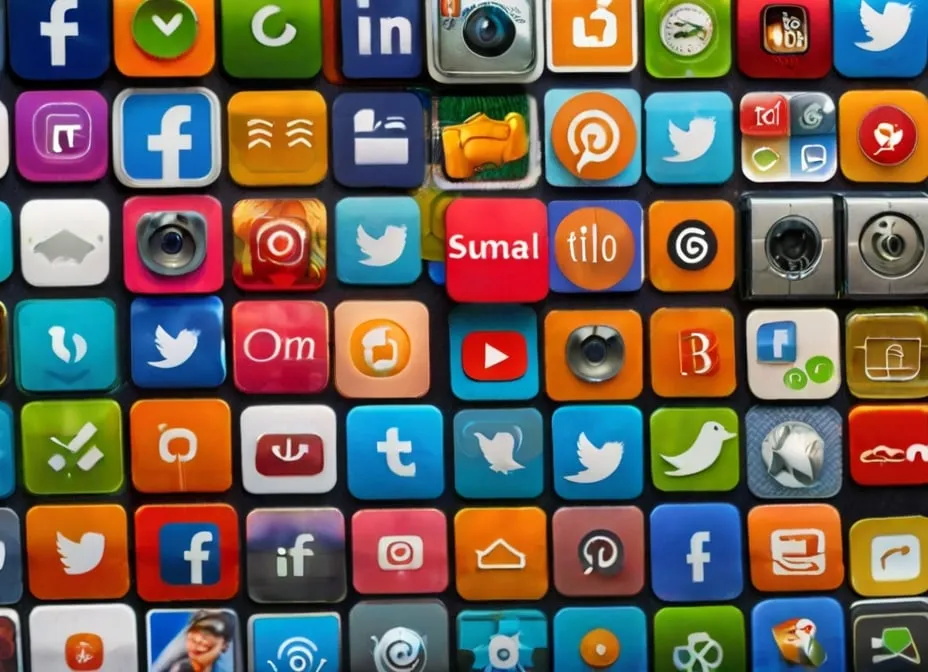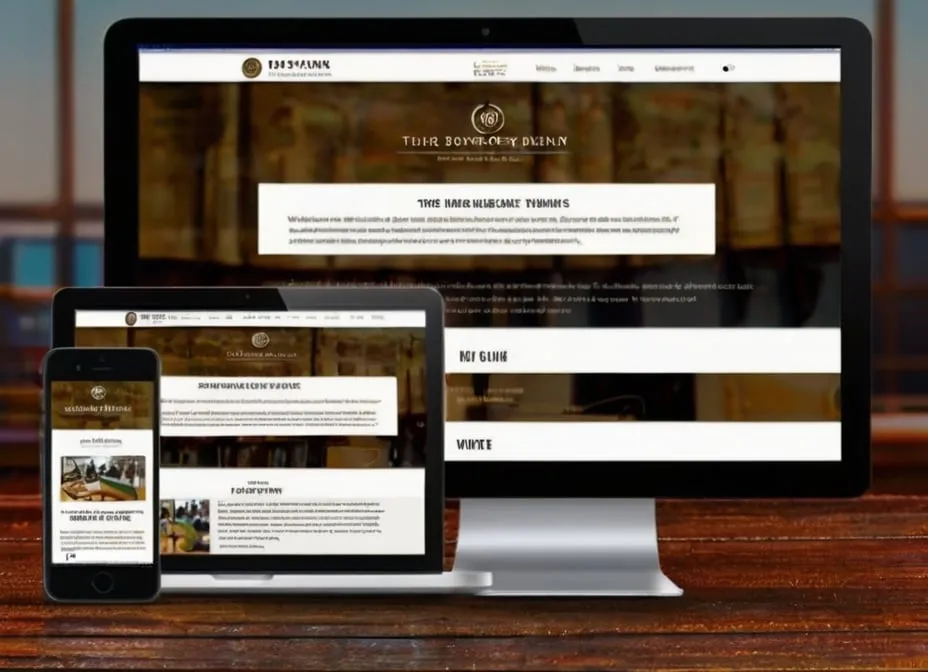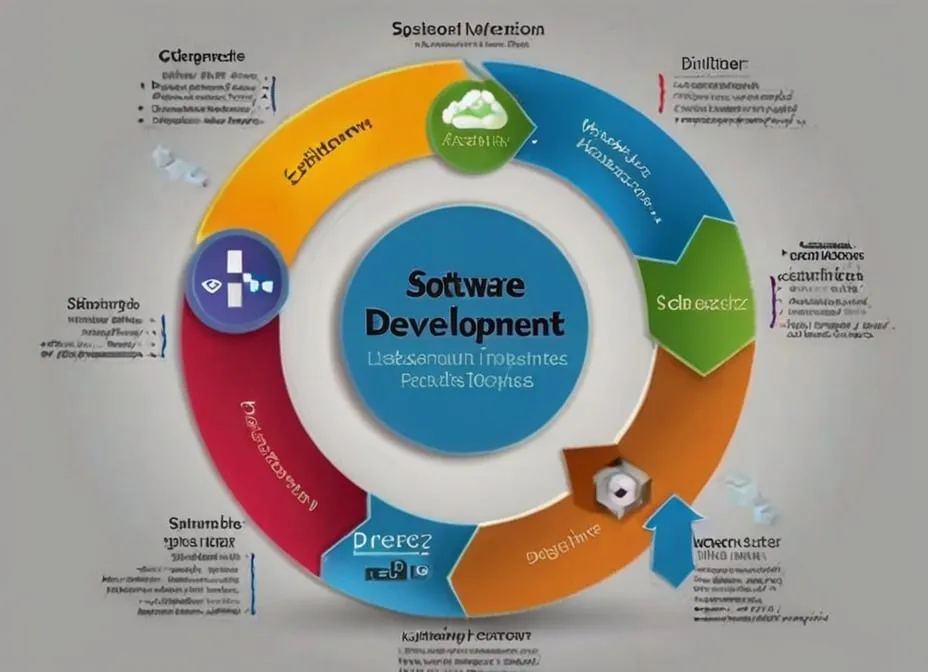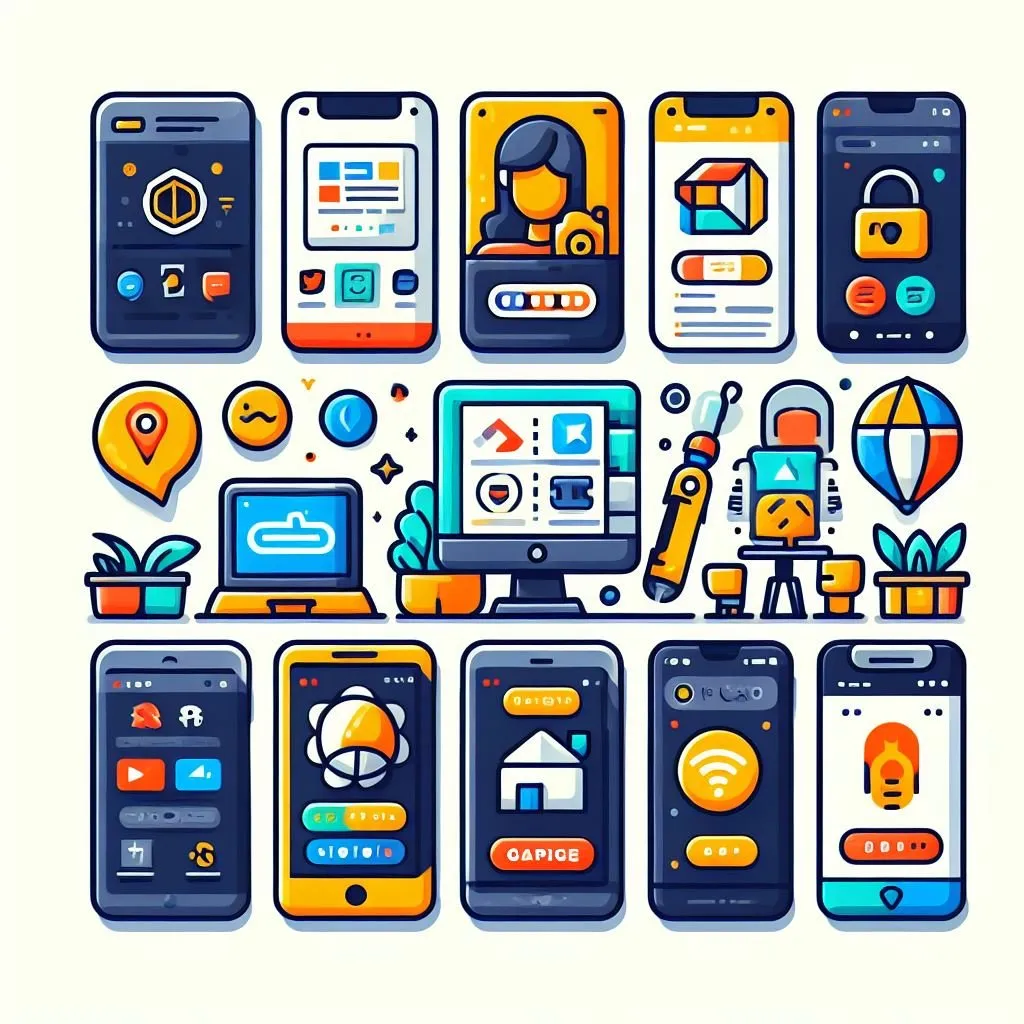AI-Powered Marketing: The Key to Targeted Campaigns & Higher ROI
1. Introduction: The Rise of AI in Marketing
The marketing landscape is constantly evolving, and the rise of artificial intelligence (AI) has significantly shifted how brands approach customer engagement. Today’s consumers are bombarded with information, and standing out from the noise requires a laser-focused approach. This is where AI comes in, offering powerful tools to create highly targeted marketing campaigns that resonate with specific audiences.
1.1 The Changing Landscape of Marketing
Gone are the days of generic, one-size-fits-all marketing strategies. Consumers now expect personalized experiences that cater to their unique needs and preferences. With the abundance of data available, marketers have the opportunity to understand their target audience on a deeper level than ever before. AI provides the means to analyze this data and extract actionable insights, enabling the creation of highly targeted campaigns that deliver the right message to the right person at the right time.
1.2 Why AI Matters for Targeted Campaigns
AI brings several advantages to the table when it comes to targeted marketing:
- Enhanced Targeting Capabilities: AI algorithms can analyze vast amounts of data to identify patterns and predict customer behavior, allowing for precise audience segmentation and targeting.
- Personalization at Scale: AI can personalize content and offers for individual customers, creating a more relevant and engaging experience.
- Campaign Optimization: AI can analyze campaign performance in real time and make adjustments to optimize results.
- Improved Efficiency: AI can automate repetitive tasks, freeing up marketers to focus on strategic planning and creative development.
By leveraging the power of AI, marketers can create targeted campaigns that are more effective, efficient, and ultimately, more successful in reaching their desired audience.
2. Understanding AI and its Capabilities
Before diving into the specifics of using AI for targeted marketing, it’s important to understand what AI is and the different capabilities it offers. AI is a broad field encompassing technologies that enable machines to perform tasks that typically require human intelligence, such as learning, problem-solving, and decision-making.
2.1 Different Types of AI Algorithms
There are various types of AI algorithms, each with its strengths and applications in marketing:
- Supervised Learning: These algorithms learn from labeled data sets to make predictions. For example, a supervised learning algorithm could be used to predict which customers are most likely to respond to a particular offer.
- Unsupervised Learning: These algorithms identify patterns and relationships in unlabeled data. For example, an unsupervised learning algorithm could be used to segment customers into different groups based on their purchase history.
- Reinforcement Learning: These algorithms learn through trial and error, receiving rewards or penalties for certain actions. This type of AI can be used to optimize marketing campaigns in real time.
2.2 Machine Learning and Deep Learning for Marketing
Machine learning, a subset of AI, focuses on enabling machines to learn from data without explicit programming. Deep learning is a further subset of machine learning that utilizes artificial neural networks to model complex relationships and patterns. Both machine learning and deep learning have significant applications in targeted marketing, including:
- Predictive analytics: Predicting customer behavior, such as purchase likelihood or churn rate.
- Content personalization: Delivering relevant content and offers based on individual preferences.
- Chatbots and virtual assistants: Providing 24/7 customer support and personalized interactions.
- Image and speech recognition: Analyzing visual and audio content for insights and targeted advertising.
2.3 AI Tools and Platforms for Marketers
A wide range of AI tools and platforms are available to help marketers leverage the power of AI in their campaigns. These tools offer various functionalities, including:
- Data analysis and insights: Platforms like Google Analytics and Adobe Analytics use AI to provide marketers with in-depth data analysis and actionable insights.
- Customer relationship management (CRM): CRM systems like Salesforce Einstein integrate AI to predict customer behavior and personalize interactions.
- Marketing automation: Platforms like HubSpot and Marketo use AI to automate repetitive tasks and optimize campaign performance.
- Content creation and optimization: Tools like Wordsmith and Quillbot use AI to generate and optimize marketing content.
By understanding the different types of AI algorithms and the tools available, marketers can choose the right solutions to meet their specific needs and achieve their targeted marketing goals.
3. Leveraging AI for Targeted Marketing Campaigns
Now that we have a foundational understanding of AI and its capabilities, let’s explore how to leverage this technology for creating highly targeted marketing campaigns.
3.1 Identifying and Segmenting Your Target Audience
The first step to any successful marketing campaign is identifying and understanding your target audience. AI can significantly enhance this process by analyzing vast amounts of data from various sources, including:
- Customer demographics: Age, gender, location, income, etc.
- Behavioral data: Website visits, purchase history, email engagement, social media interactions, etc.
- Psychographic data: Interests, values, lifestyle, etc.
AI algorithms can identify patterns and segment your audience into groups with similar characteristics and behaviors. This allows you to create targeted campaigns that resonate with each specific segment, increasing the chances of engagement and conversion.
3.2 Personalizing Content and Offers with AI
Personalization is key to engaging customers and building lasting relationships. AI enables you to personalize content and offers at scale, delivering individual experiences that cater to each customer’s unique preferences. Here are some ways AI can be used for personalization:
- Recommending products or services: AI can analyze past purchases and browsing behavior to recommend relevant products or services to individual customers.
- Dynamic content generation: AI can create personalized content, such as email subject lines, website banners, or product descriptions, based on customer data and preferences.
- Personalized offers and discounts: AI can generate targeted offers and discounts based on individual purchase history and behavior.
By delivering personalized experiences, you can increase customer engagement, build loyalty, and ultimately drive sales.
3.3 Optimizing Ad Campaigns for Maximum Impact
AI can significantly improve the performance of your advertising campaigns by:
- Identifying the best target audience: AI can analyze data to identify the audience segments most likely to respond to your ads.
- Optimizing ad spend: AI can automatically adjust bids and budgets to ensure your ads reach the right people at the right time.
- Personalizing ad creative: AI can create personalized ad variations based on individual preferences and behaviors.
- Analyzing campaign performance: AI can track and analyze campaign performance in real time, providing insights to optimize your strategy and maximize ROI.
3.4 Predicting Customer Behavior and Trends
AI can analyze historical data and identify patterns to predict future customer behavior and trends. This information can be used to:
- Anticipate customer needs: Predict what products or services customers will be interested in and proactively offer them.
- Identify potential churn risks: Predict which customers are at risk of leaving and take steps to retain them.
- Forecast future sales and trends: Make informed business decisions based on predicted future outcomes.
By leveraging AI’s predictive capabilities, you can stay ahead of the curve and proactively adapt your marketing strategies to meet evolving customer needs and market trends.
4. Benefits of Using AI for Targeted Marketing
Implementing AI in your marketing strategy can bring a multitude of benefits, including:
4.1 Increased ROI and Improved Conversion Rates
By enabling more precise targeting, personalization, and campaign optimization, AI can significantly increase the return on investment (ROI) of your marketing efforts. AI-powered campaigns are more likely to reach the right audience with the right message at the right time, leading to higher conversion rates and improved sales.
4.2 Enhanced Customer Engagement and Loyalty
Personalized experiences powered by AI can foster deeper customer engagement and build stronger relationships. When customers feel valued and understood, they are more likely to remain loyal to your brand and become repeat buyers.
4.3 Data-Driven Insights and Smarter Decision Making
AI can analyze vast amounts of data and provide marketers with actionable insights. This data-driven approach allows for smarter decision-making, ensuring that marketing strategies are based on solid evidence and a deep understanding of customer behavior.
4.4 Increased Efficiency and Automation
AI can automate many repetitive tasks involved in marketing, such as ad campaign management, content creation, and customer service interactions. This frees up marketers to focus on strategic planning and creative development, ultimately increasing overall efficiency and productivity.
5. Challenges and Considerations of AI in Marketing
While AI offers significant benefits for targeted marketing, there are also challenges and considerations to keep in mind:
5.1 Data Privacy and Ethical Concerns
AI relies heavily on data, and it’s crucial to ensure that customer data is collected, stored, and used ethically and responsibly. Marketers must comply with data privacy regulations and be transparent about how they are using customer data.
5.2 The Need for Skilled Personnel and Resources
Implementing and managing AI solutions requires a certain level of expertise and resources. Marketers need to invest in training and potentially hire skilled personnel to effectively leverage AI tools and interpret data insights.
5.3 Potential Bias and Transparency Issues
AI algorithms can be susceptible to bias, based on the data they are trained on. It’s important to be aware of potential biases and take steps to mitigate them. Additionally, the complexity of some AI models can make it difficult to understand how they arrive at certain decisions, raising concerns about transparency.
6. Best Practices for Implementing AI in Marketing Campaigns
To ensure successful implementation of AI in your marketing efforts, consider the following best practices:
6.1 Start Small and Scale Gradually
Don’t try to implement everything at once. Start with a small, well-defined project and gradually scale your AI initiatives as you gain experience and confidence.
6.2 Focus on Clear Goals and Measurable Outcomes
Clearly define your goals for using AI and identify key metrics to track progress and measure success. This will help you assess the effectiveness of your AI initiatives and make necessary adjustments.
6.3 Ensure Data Quality and Cleanliness
AI models are only as good as the data they are trained on. Ensure your data is accurate, complete, and free of errors or biases. Invest in data cleaning and preparation processes to ensure the integrity of your AI models.
6.4 Monitor and Adjust Your AI Models Regularly
AI models require ongoing monitoring and adjustment to maintain optimal performance. Regularly review your models’ results and make adjustments as needed to ensure they continue to meet your marketing goals.
7. The Future of AI in Targeted Marketing
AI is rapidly evolving, and its impact on marketing is only going to grow in the coming years. Here are some emerging trends to watch:
7.1 Emerging Trends and Advancements in AI Technology
- Natural Language Processing (NLP): NLP is becoming increasingly sophisticated, allowing for more natural and personalized interactions with customers through chatbots and virtual assistants.
- Computer vision: AI can now analyze and understand visual content, enabling more targeted advertising and personalized product recommendations.
- Hyper-personalization: AI will enable even more granular personalization, tailoring marketing messages and experiences to individual customers on a deeper level.
7.2 The Impact of AI on the Future of Marketing
AI will continue to transform the marketing landscape, making campaigns more targeted, efficient, and effective. Marketers who embrace AI and leverage its capabilities will have a significant competitive advantage in the future.
8. FAQs
Q1: What are some examples of AI being used in marketing?
A: AI is used in various marketing applications, including personalized product recommendations, targeted advertising, chatbots for customer service, and predictive analytics for customer behavior.
Q2: How much does it cost to implement AI in marketing?
A: The cost of implementing AI varies depending on the specific tools and solutions you choose. There are affordable AI tools available, as well as more complex enterprise solutions that require significant investment.
Q3: Do I need to be a data scientist to use AI in marketing?
A: While some advanced AI applications require data science expertise, there are many user-friendly AI tools available that marketers can use without extensive technical knowledge.
Q4: What are the ethical considerations of using AI in marketing?
A: It’s crucial to use AI ethically and responsibly, ensuring data privacy, transparency, and fairness in your marketing practices.
Q5: How can I get started with AI in marketing?
A: Start by identifying a specific marketing challenge or goal that AI can help address. Research available AI tools and solutions, and consider starting with a small pilot project to test the waters.
By following the best practices outlined in this guide and staying informed about emerging trends, you can effectively leverage AI to create targeted marketing campaigns that resonate with your audience, drive engagement, and ultimately achieve your marketing goals.
